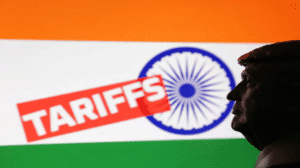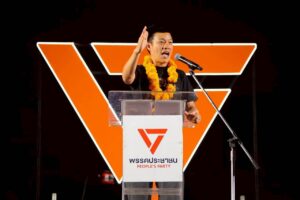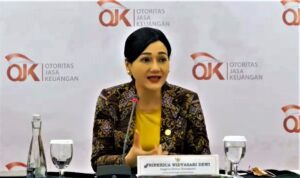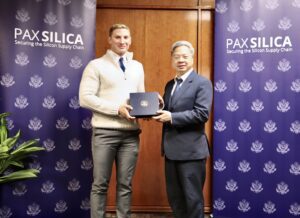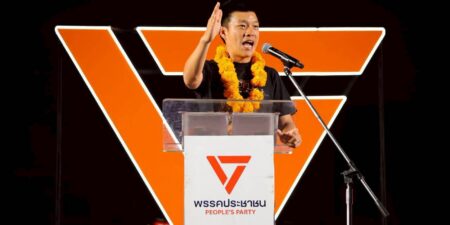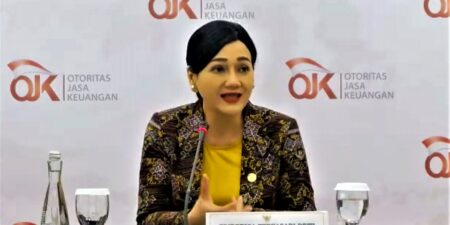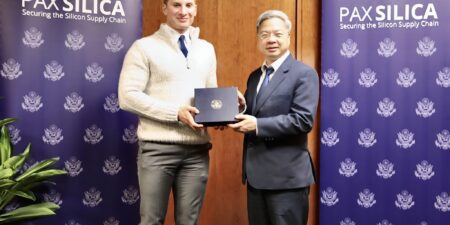
Philippine President Marcos Reshuffles Cabinet Amid Corruption Scandals
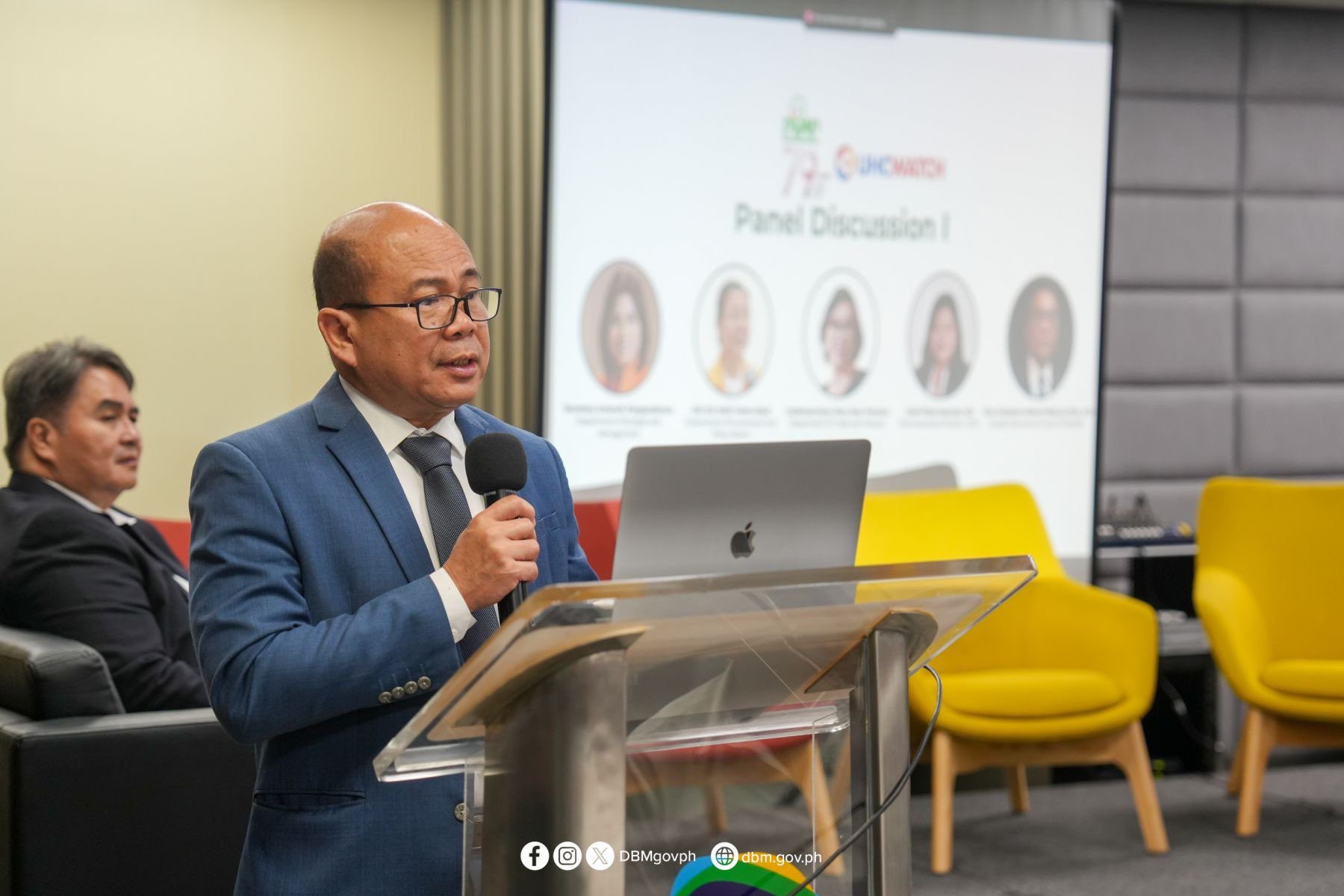
The BGA Philippines team, led by Managing Director Victor Andres Manhit, wrote an update on the Philippines’ latest Cabinet reshuffle.
Context
- Malacañang Palace announced several Cabinet changes November 17 following corruption allegations related to flood-control projects. Irregularities in these projects were first highlighted during President Ferdinand Marcos Jr.’s state of the nation address in July. This is the second major reshuffle after the president requested courtesy resignations from all Cabinet members following the 2025 midterm elections.
- Executive Secretary Lucas Bersamin and Department of Budget and Management Secretary Amenah Pangandaman tendered their resignations out of “delicadeza” (propriety) following allegations involving their departments in the ongoing investigation of the flood-control anomaly. President Marcos has accepted their resignations. Both officials have denied any involvement in the alleged large-scale corruption.
- The reshuffle comes after accusations by former House Committee on Appropriations Chairperson Elizaldy Co. He alleged that Pangandaman acted on instructions from the president to insert PHP 100 billion ($1.7 billion) into the 2025 budget prior to bicameral deliberations. Pangandaman denied these claims. The Office of the Ombudsman has urged Co to submit formal statements through proper channels rather than making public allegations.
- Department of Budget and Management Undersecretary Rolando Toledo, who heads the Budget Preparation and Execution Group, will serve as officer-in-charge of the department. He has held several key roles within the agency.
- Department of Finance Secretary Ralph Recto will succeed Lucas Bersamin as executive secretary. A respected former senator and congressman, Recto also served as National Economic and Development Authority chief from 2008 to 2009 and was appointed secretary of finance in January 2024. With a long track record in economic policymaking, legislation and national planning, he is well-positioned to manage the government’s day-to-day operations and support the administration’s broader economic and development objectives.
- Frederick Go, special assistant to the president for investment and economic affairs, will assume leadership of the Department of Finance. He has played a central role in promoting investments, improving investor confidence and aligning economic initiatives across government agencies. Prior to joining the government, he served in the private sector as president and CEO of Robinsons Land, the real estate arm of the Gokongwei Group — one of the Philippines’ largest conglomerates. His previous post remains vacant.
Significance
- On the same day as the reshuffle, top Philippine business groups issued a joint statement reaffirming their commitment to a competitive, resilient and inclusive economy. While acknowledging the uncertainty caused by the current political turmoil, they emphasized that the country’s long-term fundamentals remain strong, anchored by a stable banking sector and active private investment. This demonstrates the confidence of the Philippine business community in the country’s economic future despite political uncertainty. The groups urged public institutions to ensure policy stability, uphold the rule of law and address corruption quickly and decisively. Clear guidance, consistent enforcement and transparent decision-making were cited as essential in maintaining economic momentum and investor trust.
- Recent surveys indicate that Filipinos are demanding greater transparency and accountability. Corruption is widely perceived as a major issue, public dissatisfaction with governance is high and there is deep frustration about the misuse of funds. Citizens are increasingly calling for transparency, ethical leadership and accountability.
Implications
- Corruption in the Philippines undermines public trust, weakens service delivery and hampers long-term economic growth by discouraging investment. It not only exacerbates poverty and social inequality but also fuels public frustration about governance failures. Citizens are calling for decisive measures, including full transparency and accountability in procurement and performance, strengthened independent oversight, institutionalized citizen monitoring and greater political accountability. Ensuring inclusive governance is critical not only for ethical leadership but also for promoting investor confidence, sustainable development and long-term economic stability.
- Analysts note that some reports and commentary suggest possible links between certain religious groups and political factions associated with former President Rodrigo Duterte in the context of recent corruption scandals and organized protests. These claims raise concerns about efforts to influence public sentiment and political dynamics. Observers caution that any attempts to destabilize the current administration could have implications for governance and public trust. Transparency, accountability and adherence to democratic processes are widely viewed as essential to maintaining political stability and preventing further polarization.
We will continue to keep you updated on developments in the Philippines as they occur. If you have any questions or comments, please contact BGA Philippines Managing Director Victor Andres Manhit at vmanhit@bowergroupasia.com.
Best regards,
BGA Philippines Team

Victor Andres Manhit
Managing Director
Dindo is recognized as one of Manila’s most well-connected and savvy advisors on developments in government and business in the Philippines. Concurrent to his role as managing director for BGA’s operations in the Philippines, he is also the founder and managing director of the Stratbase Group and president of its policy think tank, the Albert del Rosario Institute for Strategic and International Studies. Since 1991, Dindo has served as a member of the faculty and is the former chair of the Political Science Department and a senior fellow of the La Salle Institute of Governance at the De La Salle ... Read More
×

















